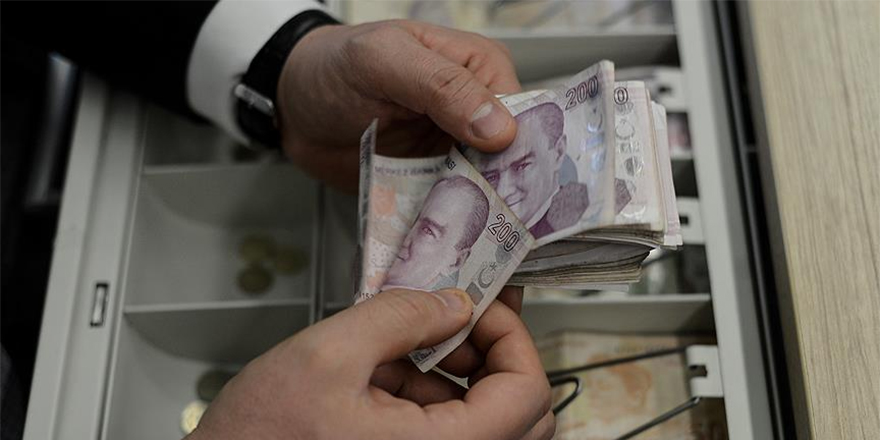Turkish Cypriot authorities have locked in a 40% increase to the minimum wage from 7,000TL (€445) in the north, up from the previous level of 4,970TL (€316), introduced in September.
The decision was taken on Wednesday, following a labour council meeting made up of workers unions, employer organisations, and the labour authority in the Turkish occupied north.
The decision voted in by the majority of the labour council will be ratified by the ruling coalition next week.
El-Sen raised objections, the union of workers at the electricity authority and some employers.
El-Sen argued that the proposed minimum wage was low, while several employers argued it was too high.
Head of the north’s ruling coalition, Faiz Sucuoglu, said that now arguing over the matter should stop, as “even with 7000 TL, one can hardly make ends meet”.
Representing the Turkish Cypriot Chamber of Commerce (KTTO), Alp Cengiz Alp warned of serious problems companies will face and stated that they would further evaluate the situation after introducing the minimum wage.
Due to a frequently fluctuating inflation rate in the north, the minimum wage is revised every six months.
The Turkish Cypriot economy suffers from food-price inflation, reaching 37.4% in September.
Inflation in the north has been boosted by fluctuations of the Turkish Lira, the currency adopted by the breakaway regime.
As prices for essential goods spike, along with a fluctuating lira, Turkish Cypriot imports, loans, and the cost of higher education are affected as they are indexed to either the GBP, the euro or the USD.
The Turkish Lira has been breaking unwanted records, as Turkey’s President Recep Tayyip Erdogan is adamant about “fighting the war on interest rates to the end”.
After losing some 60% of its value in 2021, the currency gained some ground in the past week after the Turkish central bank said it would support converting foreign currency deposit accounts into lira deposit accounts to encourage reverse dollarisation.
The currency hit rock bottom on 20 December when trading 18.54 to the euro.
It had bounced back after a set of measures announced by Erdogan to trade at 11.43 on 29 December.
On Wednesday, it traded at 15.63 to the EU’s hard currency.
Turkish Cypriots are heading for a general election on 23 January, with the financial situation in the north topping the agenda.
Earlier in January, Turkish Cypriot unions took to the streets, demonstrating against the loss of purchasing power.
Demonstrators and economists in the north have argued in favour of the Turkish Cypriot community adopting the euro as their currency.










